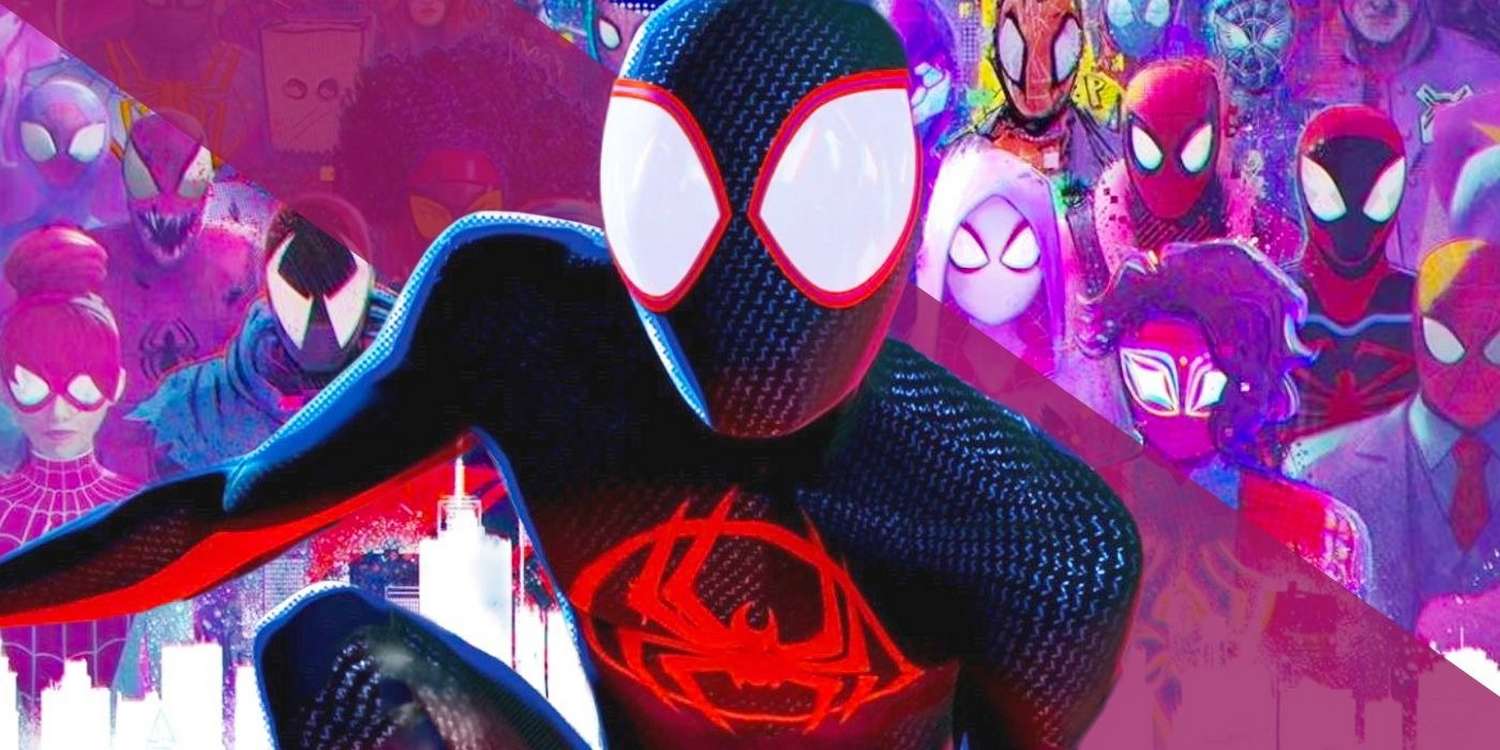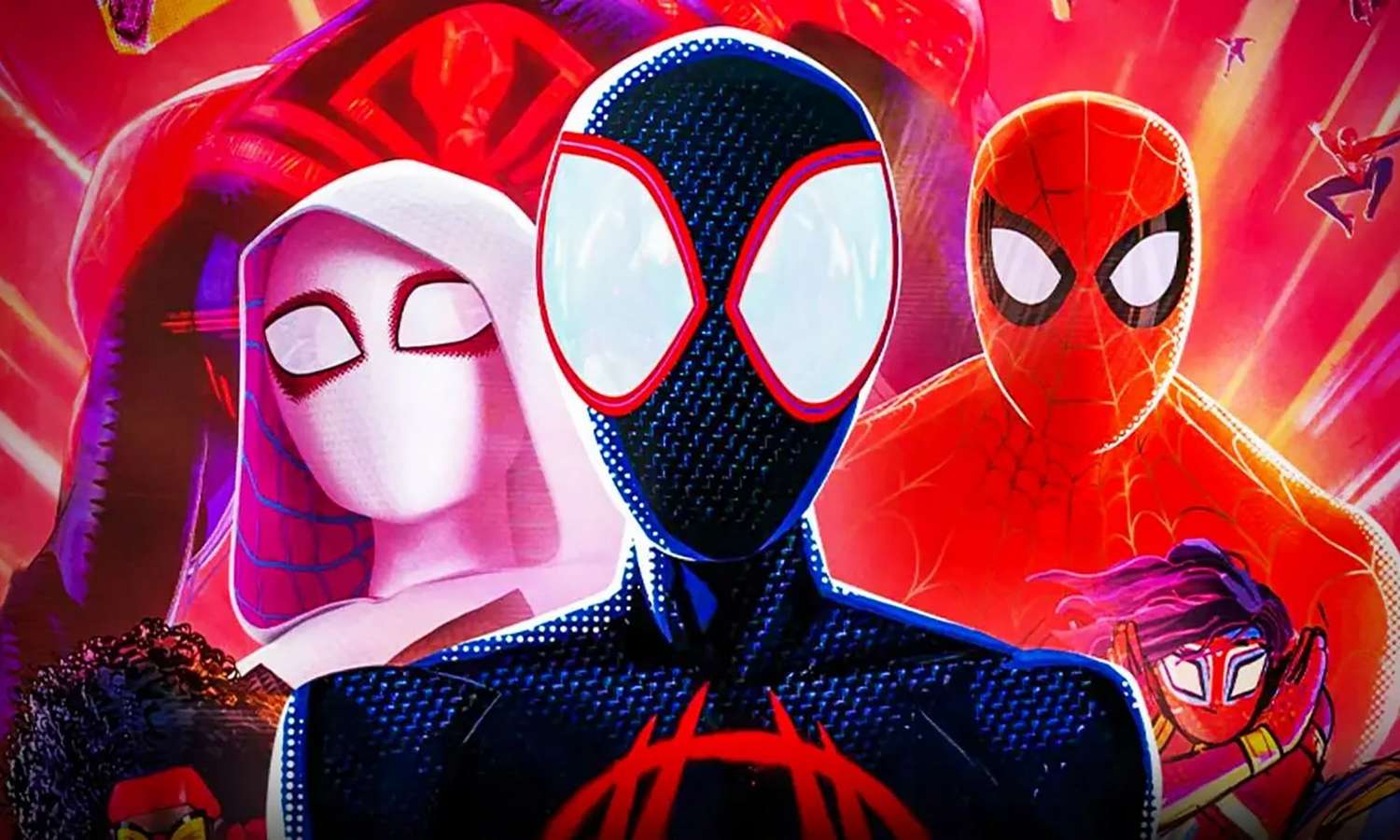Wizards of the Coast Tackles ‘Universes Beyond’ Controversy with a Divisive Survey – Is It a Search for Answers or a Scapegoat Hunt?
Popular Now
 Among Us
Among Us
 Call of Duty
Call of Duty
 CarX Street
CarX Street
 League of Legends
League of Legends
 NBA 2K24
NBA 2K24
 PUBG Mobile
PUBG Mobile
 Roblox
Roblox
 Candy Crush Saga
Candy Crush Saga
 Genshin Impact
Genshin Impact
 Fortnite
Fortnite 
The highly anticipated, yet heavily criticized, Magic: The Gathering ${‘|’}${u’ Marvel’s Spider-Man’} ‘Universes Beyond’ set has undeniably landed with a resounding thud in portions of the player base. Following widespread community and critical backlash—citing everything from lacklustre card design and a subpar Pick-Two Limited format to a perceived oversaturation of cross-IP content—Wizards of the Coast (WotC) has taken an official step to address the discord. The company recently distributed a new player survey, a common tool for gauging sentiment, but this particular questionnaire has sparked a fresh wave of controversy, leading many to question its true intent.
The Spider-Man Set: A Web of Criticism and High-Stakes CPC Keywords
The core of the issue centers on the performance and reception of the Marvel’s Spider-Man set, the second major ‘Universes Beyond’ release to be fully Standard-legal. While WotC and parent company Hasbro continue to champion the long-term success of the ‘Universes Beyond’ initiative—with previous sets like The Lord of the Rings: Tales of Middle-earth setting massive sales benchmarks—the Spider-Man debut has been a different story. Negative sentiment has been a persistent thread, with key criticisms focusing on:
- Repetitive or Uninspired Mechanics: Players noted that the new mechanics, such as “Mayhem” (a fixed version of Madness) and “Web-Slinging,” felt too much like simple re-skins of existing Magic: The Gathering (MTG) gameplay, as detailed in the set’s Release Notes.
- Poor Limited Experience: The experimental “Pick-Two Draft” format for the set was widely panned, with many enfranchised players skipping it entirely due to high variance and “samey” archetypes. This hits hard at a core Gaming demographic.
- Financial Underperformance: Early reports indicate a significant crash in Collector Booster Box prices compared to initial highs, suggesting that either early supply was overestimated or, more critically, long-term demand for the product is simply not meeting the expected High CPC investment levels of the Trading Card Game (TCG) market.
The stakes are particularly high because ‘Universes Beyond’ is one of Hasbro’s most aggressive and High-Profit Margin pushes into the Collectible Games space. The long-term health of the MTG Brand relies on successfully integrating these lucrative IP crossovers without alienating the core Enfranchised MTG Player base.
 The Survey’s Controversial Question: A Focus on Influencers
The Survey’s Controversial Question: A Focus on Influencers
While standard consumer satisfaction surveys are expected, a particular line of questioning in the WotC questionnaire has ignited social media and content creator communities. The survey reportedly asks players to what degree “negative influencer commentary” impacted their perception of the set. Furthermore, some users were allegedly prompted to list the content creators from whom they received news about the set. This specific framing has led to accusations of “blame-shifting” and even a “witch hunt” by members of the MTG Content Creator ecosystem.
Luis Scott-Vargas (LSV), a prominent Hall of Fame player, and other key figures in the MTG Community publicly expressed their concern, viewing the question as a deliberate attempt by WotC to deflect internal design or pricing failures onto external critics. The implication, critics argue, is that negative sentiment is being manufactured by Gaming Influencers rather than stemming from legitimate product flaws.
The Catch: The core controversy is less about the survey itself and more about the perceived intent. Industry analysts suggest WotC is simply trying to use sophisticated Market Research techniques to isolate variables for the Spider-Man set’s perceived failure. Is the drop in sales due to general ‘Universes Beyond’ fatigue, poor card design, the highly volatile MTG Finance ecosystem, or the amplifying effect of negative online commentary? The catch, however, is that by singling out influencers, WotC risks further eroding goodwill among the very group that helps drive enthusiasm and, crucially, sales for their Premium Gaming Products.
Forward Look: The Future of ‘Universes Beyond’ and WotC Trust
This incident serves as a significant stress test for the ‘Universes Beyond’ program. Head Designer Mark Rosewater has previously stated that internal data shows the percentage of players who “strongly dislike” the Universes Beyond concept is relatively low and shrinking. However, the Spider-Man fallout demonstrates that simple acceptance of the concept is not enough; the Product Quality, specifically the Magic design and Limited experience, must remain high to justify the Premium Price Point and the high expectations of the Global TCG Market.
 With other major crossovers like PlayStation Properties and Teenage Mutant Ninja Turtles on the horizon, WotC’s response to this feedback will be paramount. A genuine course correction focusing on stronger Gameplay Design and better communication, rather than perceived blame-shifting, is essential for maintaining the Customer Loyalty that has sustained the Magic: The Gathering brand for decades and ensuring continued success in the competitive Hobby Games industry.
With other major crossovers like PlayStation Properties and Teenage Mutant Ninja Turtles on the horizon, WotC’s response to this feedback will be paramount. A genuine course correction focusing on stronger Gameplay Design and better communication, rather than perceived blame-shifting, is essential for maintaining the Customer Loyalty that has sustained the Magic: The Gathering brand for decades and ensuring continued success in the competitive Hobby Games industry.
The TCG world is watching closely to see if the survey results will lead to tangible product improvements or simply an internal re-evaluation of marketing strategies. For now, the sentiment remains:
“It’s not that we dislike the IP, it’s that it needs to be a great Magic set first.”
This news development underscores the delicate balance between brand expansion and core product integrity—a lesson the Gaming Industry continues to learn in the age of rapid IP integration.








 The Survey’s Controversial Question: A Focus on Influencers
The Survey’s Controversial Question: A Focus on Influencers